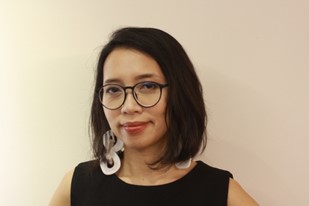Blog
“A Need for Collaboration Rather Than Competition”
The COVID-19 pandemic and its challenges require new ways of international cooperation, writes Eirliani Abdul Rahman together with Suzanne Goodney Lea in an article for the Journal of Dialogue Studies Vol 8 (2020).
On the diplomatic terrain, too, it is necessary to seek other forms of exchange and solution-finding and to move away from the classical models: “Traditional views of diplomacy assert that each nation should negotiate from a ‘my country first’ perspective. But the modern social problems we face internationally, with COVID-19 being arguably a ‘dry run’ for more global management of climate change, are characterised by a need for collaboration rather than competition.”
By no longer following the previous models of second-track or even third-track diplomacy – i.e. second-track diplomacy emphasising the engagement of non-state actors, and third-track combining that with traditional diplomacy – instead, the time has come for Diplomacy 4.0. That means the stronger involvement and participation of civil society in international political issues with the help of innovative forms of communication and technological possibilities, among other things.
“A range of dialogic techniques could be leveraged to facilitate the incorporation of a much broader array of voices into the public sphere, infusing more diverse and outside-the-box perspectives into the creation of policies that directly affect citizens and their communities,” write the two authors in their abstract of the article.
The population of one country could thus help other countries in dealing with similar problems by networking more widely and further among themselves on a different level, thus attributing a new value and function to “global citizenry”.
At the Global Diplomacy Lab, the topic of innovative forms of diplomacy is constantly discussed, so GDL member Eirliani also writes:
“We call this new track Diplomacy 4.0. The core of Diplomacy 4.0 is to link global and local opportunities. We are in an age in which ALL citizens could participate directly and globally in shared governance – governance that would be decentralised, non-authoritarian, and collaborative.”
You can read the whole article on “Fourth-Track Diplomacy: Its Time Has Come” as pdf here.
About the author:
Eirliani Abdul Rahman is the co-founder of YAKIN, an NGO working in the field of child rights and child protection issues and she continuously aims at raising awareness for survivors of sexual child abuse, the consequences of child labor and mental health issues.
Published on August 10, 2021.
